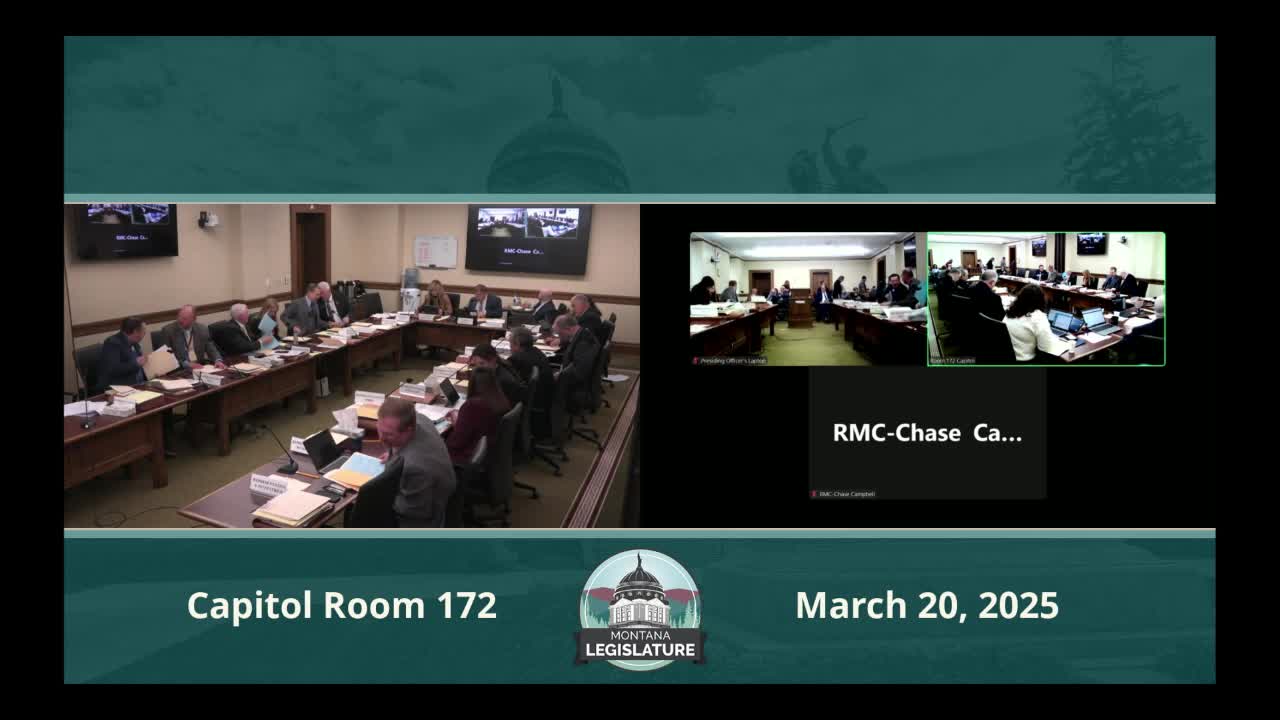Article not found
This article is no longer available. But don't worry—we've gathered other articles that discuss the same topic.
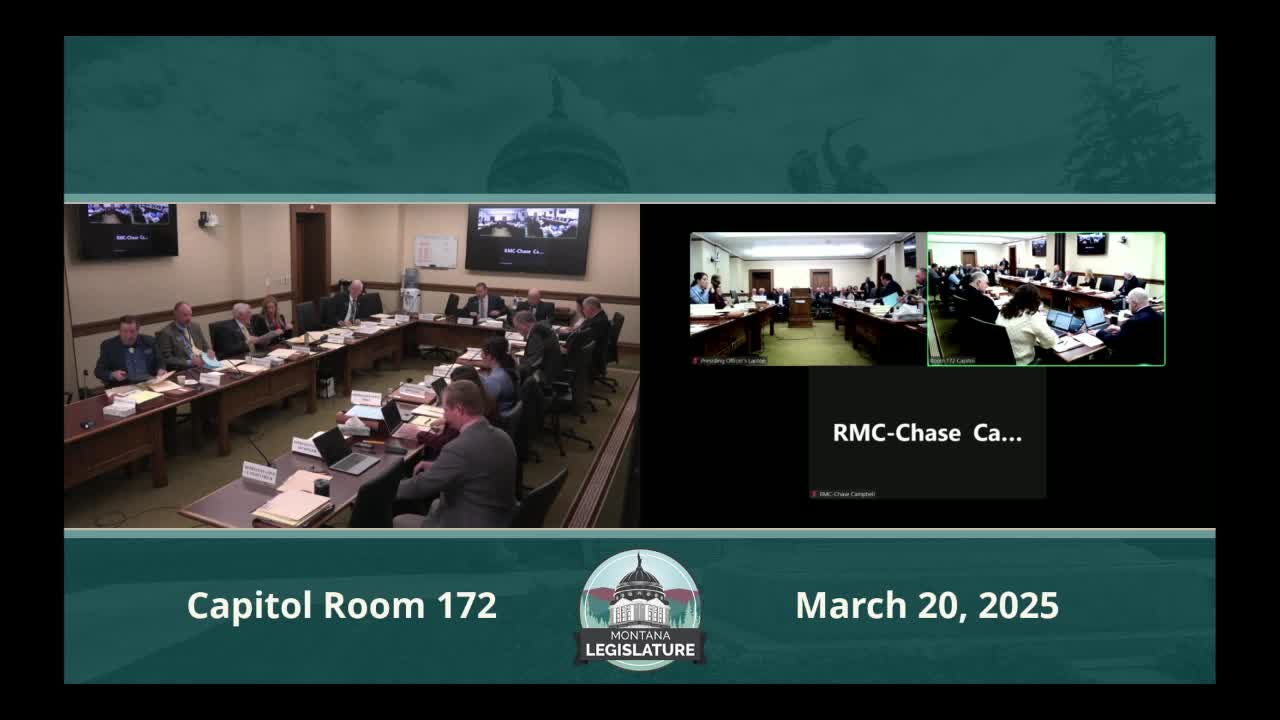
House committee hears bill to require insurer acceptance of automaker repair procedures
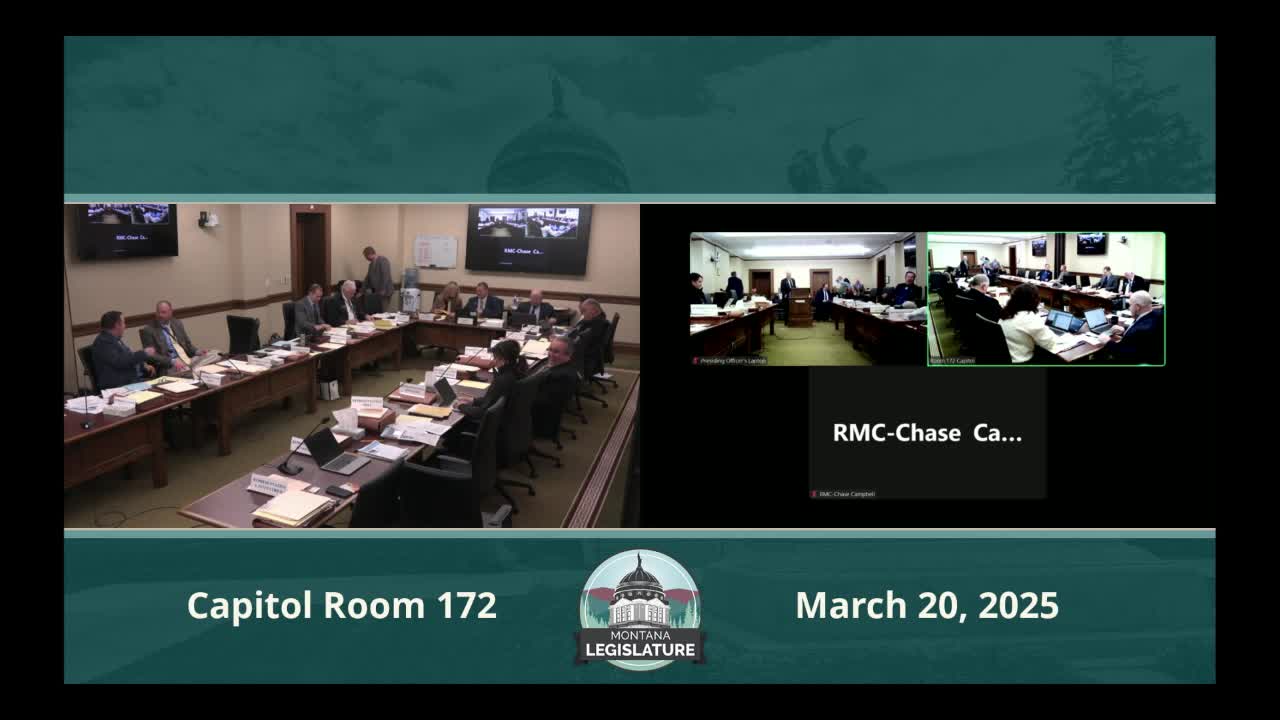
Bill to allow physical therapists as workers' comp treating physicians draws mixed testimony
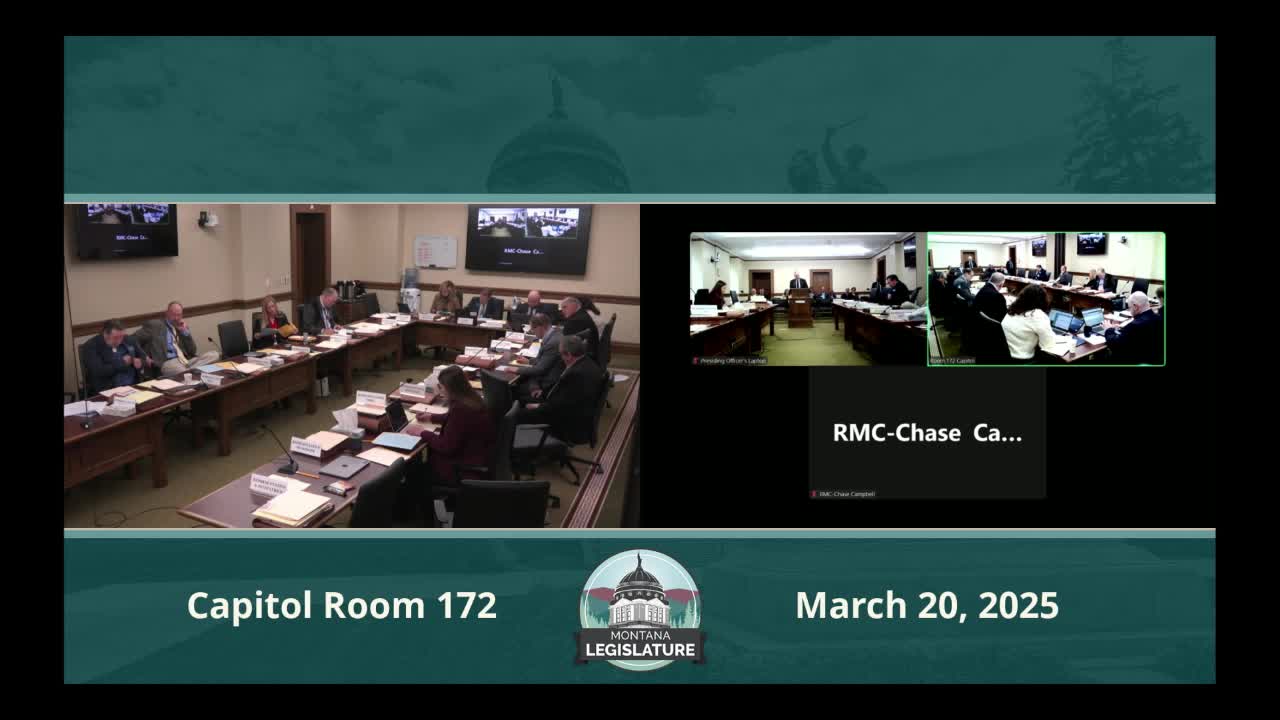
Proposal would require dental insurers to rebate premiums if less than 80% is paid in claims
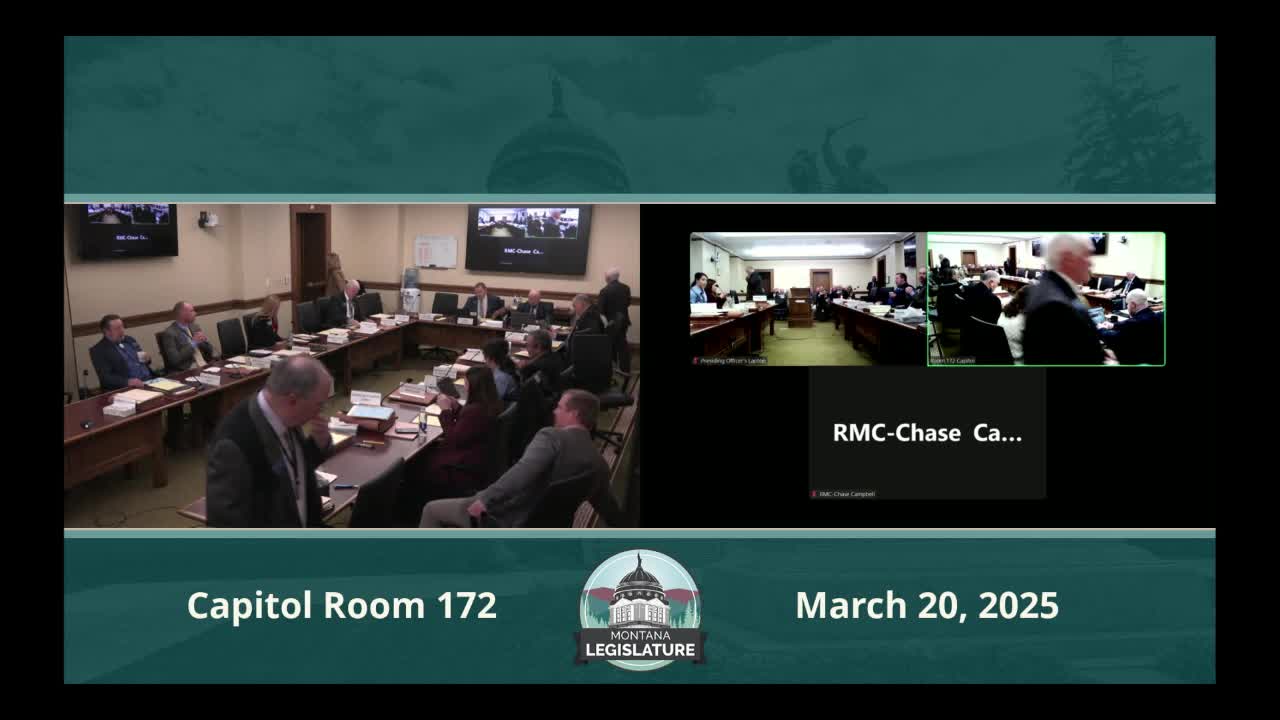
Committee hears proposal to remove $100,000 premium tax cap for certain captive insurers
